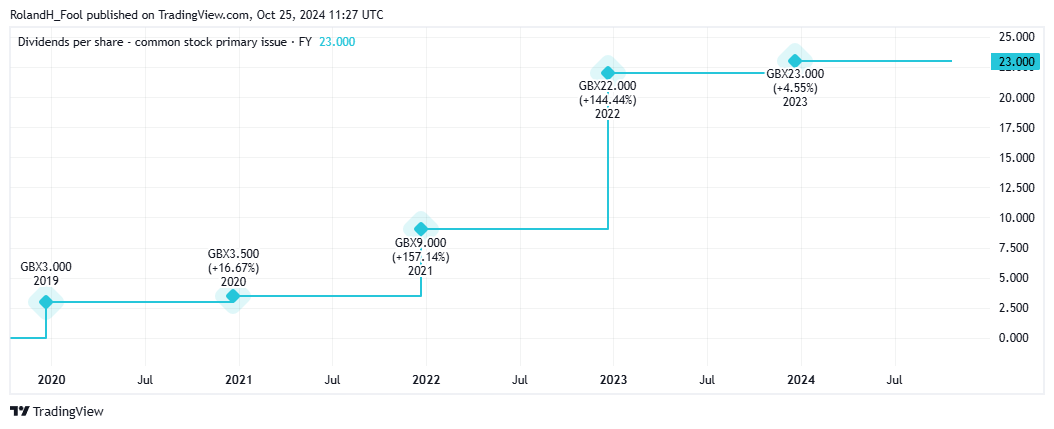The UK market is known for its high-yielding income stocks, but the company I’m looking at today is exceptional, even here.
This business has a £500m market cap and operates in the energy sector. Its shares currently boast a forecast dividend yield of 17%. Management recently reiterated their support for this payout and my sums suggest it could be sustainable.
I recently bought these shares. I’m hopeful that when the dust settles after the Autumn Budget on 30 October, investor confidence in this business may improve.
Pumping out cash
Serica Energy (LSE: SQZ) is one of the top 10 oil and gas producers in the UK North Sea. The company has grown rapidly in recent years by buying mature fields from larger operators such as BP.
This growth run was then extended with the acquisition of rival North Sea firm Tailwind Energy in 2023.
Serica’s focus on producing assets means that it doesn’t carry the all-or-nothing risk of oil and gas explorers. Instead, the company’s expenditure is carefully targeted to maximise production from known reserves.
As a result, the group business generates a lot of surplus cash. Much of this has been returned to shareholders over the last few years, as this chart shows.
Chart by TradingView
The latest broker forecasts suggest Serica’s dividend will remain at 23p per share this year. That gives a forecast dividend yield of 17.4%, based on the recent 132p share price.
Why are Serica shares so cheap?
This high yield is partly a reflection of the stock’s low valuation. Serica shares currently trade on just three times 2024 forecast earnings, according to recent broker estimates.
The shares have fallen by 40% so far this year as investors have taken fright at the prospect of changes to UK tax and energy policies.
One concern is that potential changes in the Autumn Budget may make it harder to operate profitably in the North Sea.
One particular risk flagged up by Serica’s new chief executive relates to capital allowances. In short, changes to these rules could reduce companies’ ability to claim tax relief on future spending. This would make it less attractive to invest in North Sea assets.
The other main risk I can see is simply that Serica’s current production rate won’t be sustainable forever. Many of these fields are relatively mature. Production will gradually decline without investment in additional developments and the acquisition of new assets.
The uncertainty around the budget means planning is difficult right now. There’s a possibility that Serica may just run off its existing assets and enter a managed decline. In that case, the 17% dividend yield might be offset by a gradual decline in the share price.
Why I’ve been buying
I won’t lie. Serica Energy is probably one of the riskier stocks I hold currently.
However, I’m comfortable with the position as part of a diversified portfolio. Here’s why.
In my experience, markets hate uncertainty and fear change. But what I’ve found is that quite often, when new rules are established, good companies are able to adapt and remain profitable.
My guess is that’s what will happen here. I’m sitting tight ahead of the budget. I’m hopeful that Serica shares will recover when there’s more clarity about future investment decisions.





